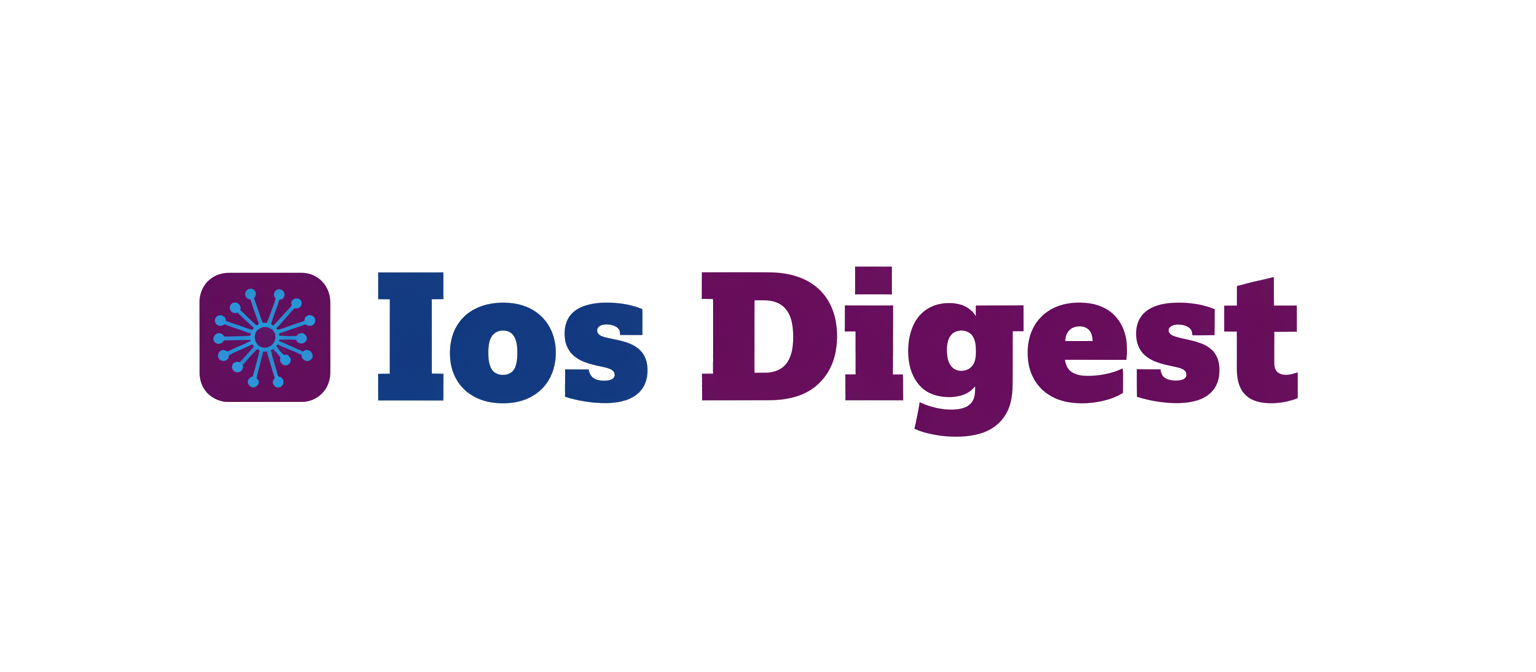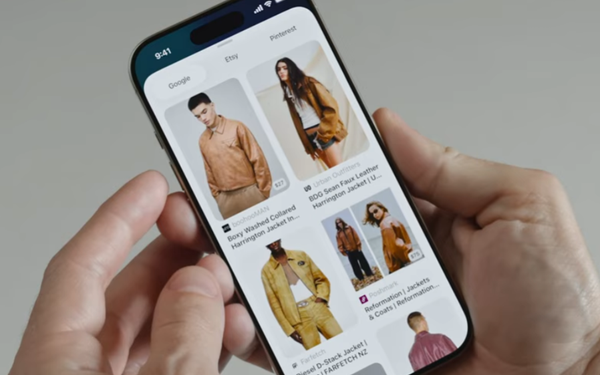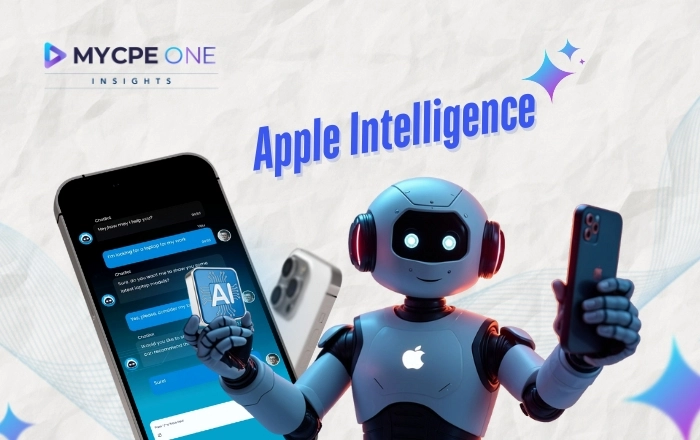The Dawn of a New AI Era for Apple
For over a decade, Siri has been the familiar voice of Apple’s ecosystem, a digital assistant integrated into billions of devices worldwide. Yet, in the rapidly accelerating landscape of artificial intelligence, where conversational prowess and generative capabilities are the new benchmarks, Siri has faced mounting pressure to evolve. The latest industry chatter and strategic analyses point towards a monumental shift in Apple’s approach—a hybrid strategy that meticulously balances its legendary commitment to user privacy with the pragmatic need for cutting-edge, cloud-powered intelligence. This isn’t just another incremental update; it’s a foundational reimagining of Siri’s role across every device, from the iPhone in your pocket to the Vision Pro on your face. The latest Siri news suggests a two-pronged approach: developing powerful, on-device models for personal, private tasks while potentially partnering with industry leaders like Google for complex, search-intensive queries. This strategic pivot is poised to redefine the user experience, making it the most significant piece of Apple ecosystem news in years and signaling a new chapter for intelligence on Apple platforms.
Section 1: Apple’s AI Crossroads: Internal Innovation Meets External Reality
Apple’s journey with artificial intelligence has always been guided by a core philosophy: on-device processing. This principle ensures that personal data remains secure and private, a cornerstone of the company’s brand identity. However, the generative AI explosion, fueled by massive, cloud-based Large Language Models (LLMs), has presented a formidable challenge to this paradigm. To remain competitive, Apple is now navigating a strategic crossroads, blending its internal AI development with the necessity of external partnerships.
The In-House AI Engine: Privacy-First and On-Device
At the heart of Apple’s strategy is a continued, massive investment in its own AI models. The company is reportedly developing and testing proprietary LLMs designed to run directly on the silicon of its devices. This on-device approach offers several distinct advantages. Firstly, it drastically reduces latency, as requests don’t need to travel to a remote server and back. Secondly, it ensures functionality even without an internet connection. Most importantly, it aligns perfectly with the latest Apple privacy news, as sensitive personal data—your contacts, messages, health data, and calendar appointments—never has to leave your device to be processed. These internal models are being rigorously tested within Apple’s walls, likely forming the backbone of the next wave of iOS updates news. This focus on privacy is a key differentiator in an era of data-hungry AI services and is central to maintaining user trust, a critical component of the latest iOS security news.
The Partnership Imperative: Tapping into Cloud Power
While on-device AI is perfect for personal context, it has limitations when it comes to the vast, ever-changing world of public information. Training a state-of-the-art LLM capable of competing with models like Google’s Gemini or OpenAI’s GPT-4 requires immense computational resources and access to the web’s colossal dataset—a scale that even Apple finds challenging to replicate from scratch for search-based tasks. This is where the strategic logic of a partnership comes into play. By potentially integrating a third-party model like Gemini for complex, web-based queries, Apple can deliver a best-in-class generative AI experience for tasks like summarizing web pages, planning trips, or answering complex general knowledge questions. This hybrid model would allow Siri to intelligently route requests: personal queries are handled on-device, while broader, public-information queries are securely passed to a cloud partner. This dual-pronged approach represents a pragmatic solution to a complex technological problem, ensuring Apple doesn’t fall behind in the AI arms race.
Section 2: A Smarter Ecosystem: How Hybrid AI Will Transform Apple Devices
The implementation of a sophisticated hybrid AI model will not be a siloed feature but a foundational layer that elevates the entire Apple ecosystem. The user experience across every product category is set to become more intuitive, proactive, and deeply personalized. This transformation will be felt in daily interactions, turning devices from passive tools into truly intelligent companions.
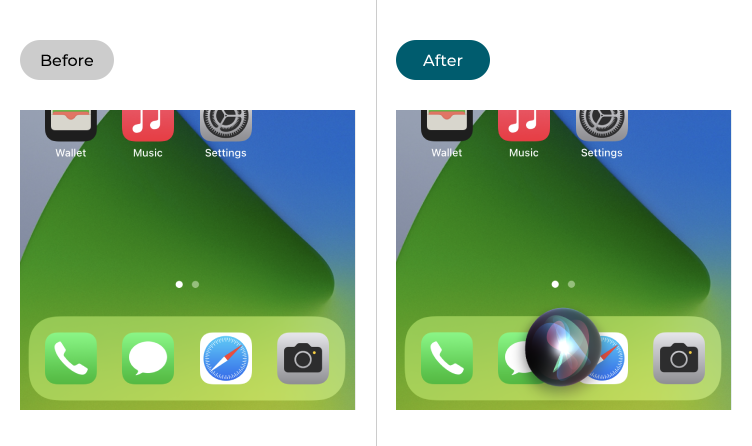
Redefining the Core Experience: iPhone, iPad, and Apple Watch
The most immediate impact will be seen in the devices we use every day. The latest iPhone news and iPad news point towards an OS where Siri can understand complex, multi-step commands and maintain conversational context. For example, you could ask your iPhone, “Find photos from my trip to Hawaii last summer, pick the best five, and send them to my mom with the message ‘Wish you were there!’” Siri would then execute this entire workflow without further input. On the iPad, this could manifest in creative applications, perhaps powering a new generation of iPad vision board news with AI-driven image suggestions. For the Apple Watch, this enhanced intelligence will supercharge its capabilities. The latest Apple Watch news suggests a future where the device can provide more insightful analysis of your activity trends, making Apple health news more personalized and actionable than ever before by correlating sleep patterns, workout intensity, and heart rate variability with proactive wellness suggestions.
Expanding the Intelligent Home and Entertainment Hub
The smart home and entertainment devices will also see a significant boost. The latest HomePod news and HomePod mini news indicate a move towards a more capable home hub. Instead of just playing a song, your HomePod could act as a central coordinator for your day, summarizing your family’s calendars and suggesting dinner recipes based on what’s in your smart fridge. Similarly, the Apple TV news suggests a future where AI drives a hyper-personalized content discovery engine. This could even influence Apple TV marketing news, as promotions become tailored to nuanced viewing habits. The AI could understand requests like, “Find a critically acclaimed sci-fi movie from the 80s that I haven’t seen,” and deliver relevant results instantly from across all your streaming services.
The Frontier of Spatial Computing and Accessories
Perhaps the most exciting implications are for Apple’s newest platform, spatial computing. The latest Apple Vision Pro news highlights the need for a seamless, hands-free interface, and a truly conversational Siri is the key. An AI-powered assistant in visionOS could act as a co-pilot, helping users navigate complex 3D applications, organize virtual workspaces, and retrieve information with simple voice commands. This is the frontier of Apple AR news. This intelligence will also extend to accessories. We can anticipate smarter interactions with AirPods news, where the earbuds can summarize incoming notifications or provide real-time translation. The evolution of Apple Pencil news could see AI-powered features that can clean up sketches or even generate design ideas. Future Vision Pro accessories news, such as a rumored Vision Pro wand news, would rely on this AI to understand user intent with precision. Even niche accessories like the AirTag news could benefit, with AI predicting when you might be leaving an item behind based on your daily routines.
Section 3: The Privacy Paradox and Strategic Implications
Apple’s potential embrace of a hybrid AI strategy, particularly one involving a partnership with a data-centric company like Google, introduces a complex set of challenges and opportunities. It forces a public conversation about the delicate balance between cutting-edge functionality and the user privacy that Apple has long championed. Navigating this “privacy paradox” will be critical to the strategy’s success and public reception.
Weighing the Pros and Cons of a Google Partnership
The primary advantage of leveraging a model like Gemini is speed to market. It allows Apple to instantly close the gap with competitors in the realm of generative AI search and content creation without spending years and billions of dollars on building a comparable cloud infrastructure. This ensures that the next generation of iPhones and the upcoming iOS updates news are not perceived as being “behind” in the AI race. However, the disadvantages are significant and strike at the core of Apple’s brand. The most glaring concern revolves around data privacy. How will Apple ensure that user queries sent to Google’s servers are anonymized and not used for advertising profiles? This is a paramount question for anyone following Apple privacy news. There’s also the strategic risk of becoming dependent on a direct competitor in a critical technology layer, which could have long-term implications for the entire Apple ecosystem news cycle.
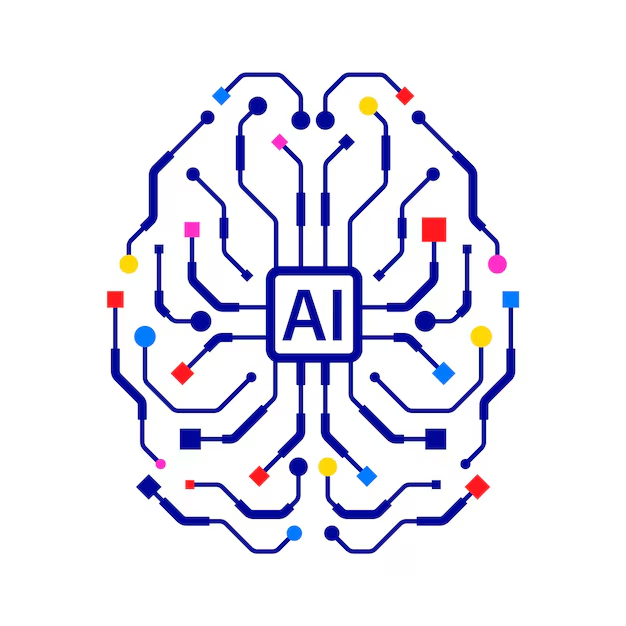
Best Practices for Users in an AI-Enhanced Future
As these powerful AI features roll out, users will need to adopt new best practices to manage their digital footprint.
- Audit Privacy Settings: When the new OS is released, users should immediately dive into the privacy settings. Apple will likely provide granular controls to opt in or out of cloud-based AI features. Understanding these toggles will be crucial.
- Be Mindful of Queries: While Apple will undoubtedly implement privacy-preserving technologies, users should remain conscious of the information they share with their voice assistant, especially if they know a query might be processed in the cloud.
- Embrace On-Device Features: Users should prioritize using the on-device AI capabilities for sensitive tasks like managing contacts, calendars, and messages, leveraging the security inherent in Apple’s architecture.
- Stay Informed: Keeping up with Siri news and iOS security news will be more important than ever. Understanding how the system works is the first step toward using it safely and effectively.
This new era demands a more proactive approach from users, shifting from passive consumption to active management of their AI-driven experiences.
Section 4: Recommendations and A Look to the Horizon
As Apple stands on the precipice of this AI transformation, the path forward requires a careful and transparent approach. The success of this hybrid strategy will depend not just on the technology itself, but on how effectively Apple communicates its value and its safeguards to its vast user base.
Recommendations for Apple’s Path Forward
To ensure a successful transition, Apple should focus on three key areas. First, radical transparency is non-negotiable. The company must clearly articulate which processes run on-device and which are sent to a cloud partner, providing users with unambiguous control over their data. Second, Apple must continue to heavily invest in its own silicon and on-device models. This reduces long-term reliance on partners and reinforces its commitment to privacy. Finally, they should empower developers with robust APIs to harness this new AI, fostering an ecosystem of intelligent apps that showcase the power of the platform. This will be critical for everything from future Apple accessories news to niche topics like the long-shot possibility of iPod revival news through a reimagined, AI-powered Music app experience.
The Future is Proactive and Personalized
Looking ahead, the ultimate goal is an assistant that is not just reactive but proactive. Imagine your Apple Watch noticing a high-stress reading and suggesting a breathing exercise, or your iPhone preemptively mapping a route to your next meeting based on current traffic, all without a single command. This level of ambient, personalized intelligence is the true promise of Apple’s next-generation AI. It’s a future where technology fades into the background, seamlessly enhancing our lives by anticipating our needs. This evolution will be the defining narrative of the Apple ecosystem for the next decade.
Conclusion: A Calculated Leap into the Future
Apple is on the verge of its most significant strategic shift since the introduction of the iPhone. The move towards a hybrid AI model, combining the security of on-device processing with the power of cloud-based intelligence, is a calculated and pragmatic response to the demands of the modern tech landscape. While this approach presents new challenges, particularly around user privacy and reliance on external partners, it also unlocks a future of unprecedented convenience and personalization. The upcoming iOS updates news will likely be the first glimpse into this new era, where Siri evolves from a simple voice assistant into a truly intelligent co-pilot for our digital lives. This isn’t just an upgrade; it’s a fundamental re-architecture of the Apple experience, promising to make every interaction across its ecosystem smarter, faster, and more deeply integrated than ever before.
